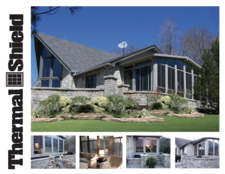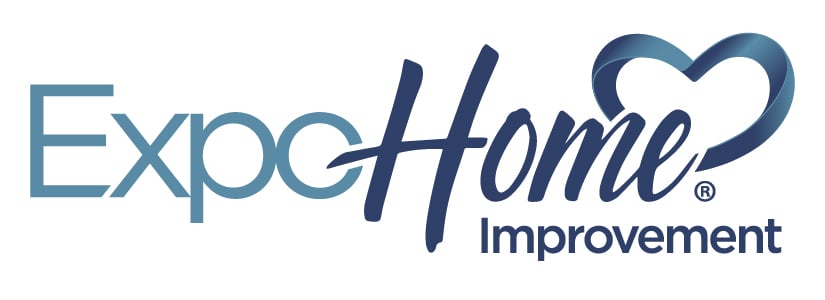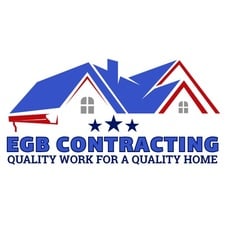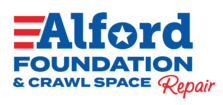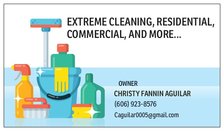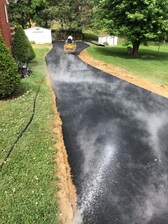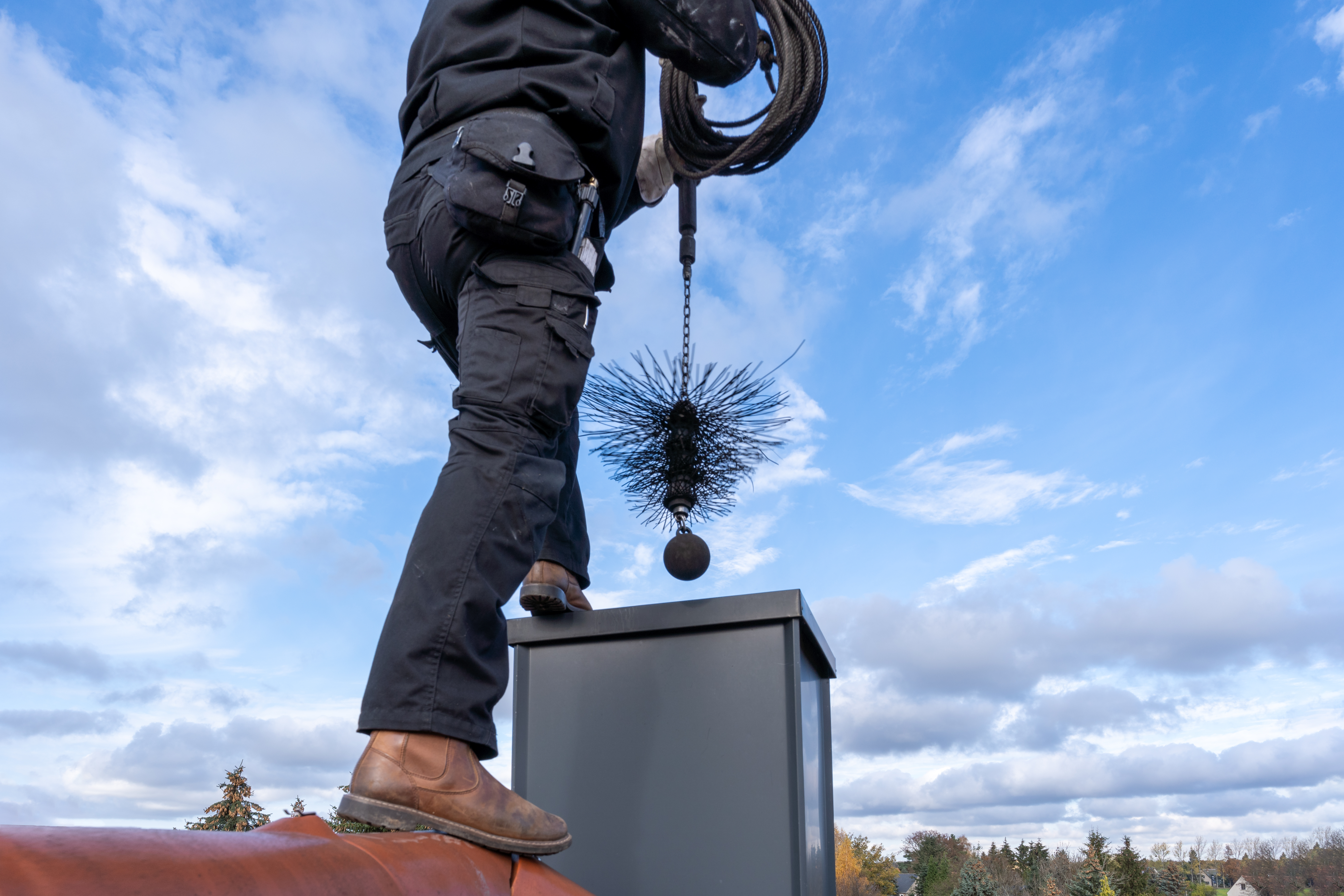
Get matched with top chimney sweeps in Williamson, WV
Enter your zip and get matched with up to 5 pros
Need a pro for your chimney sweeping project in Williamson, WV?
Verified Reviews for Chimney Sweeping pros in Williamson, WV
*The Angi rating for Chimney Sweeping companies in Williamson, WV is a rating based on verified reviews from our community of homeowners who have used these pros to meet their Chimney Sweeping needs.
*The HomeAdvisor rating for Chimney Sweeping companies in Williamson, WV is a rating based on verified reviews from our community of homeowners who have used these pros to meet their Chimney Sweeping needs.
Last update on January 07, 2026
Find Chimney sweeps in Williamson
Shamrock Maintenance, Corp.
Shamrock Maintenance, Corp.
Serving PA, Shamrock Chimney will provide you with a dedicated approach to ensure your chimney is kept clean and safe. Our team provides chimney solutions for every problem, protecting homes from dangers of leaking chimneys and flues. Call us today to schedule your next appointment.
"Not happy at all with the workmanship. Pictures tell it all"
Theresa K on October 2025
Serving PA, Shamrock Chimney will provide you with a dedicated approach to ensure your chimney is kept clean and safe. Our team provides chimney solutions for every problem, protecting homes from dangers of leaking chimneys and flues. Call us today to schedule your next appointment.
"Not happy at all with the workmanship. Pictures tell it all"
Theresa K on October 2025
Ash's Chimney Sweep
Ash's Chimney Sweep
Chimney sweeping and repair, dryer exhaust cleaning, oil wood and gas stoves & gas logs.
Chimney sweeping and repair, dryer exhaust cleaning, oil wood and gas stoves & gas logs.
Owner operated.
The Williamson, WV homeowners’ guide to chimney sweeping services
From average costs to expert advice, get all the answers you need to get your job done.
 •
•Chimney sweep costs can be dramatically affected by the type of chimney, its location, and how dirty it is.

Your chimney sweep may not wear a top hat and dance on the ceiling, but they will keep your home safe by providing chimney inspections and cleanings. Follow these steps to learn how to hire a qualified and trusted chimney sweep in your town.

Drab-looking chimney bricks can make your home look unkempt. This guide will help you learn how to clean chimney bricks without damaging the structure.

A clean chimney can reduce your risk of poor indoor air quality and house fires. Use this guide on how to clean a chimney to keep you and your family safe.
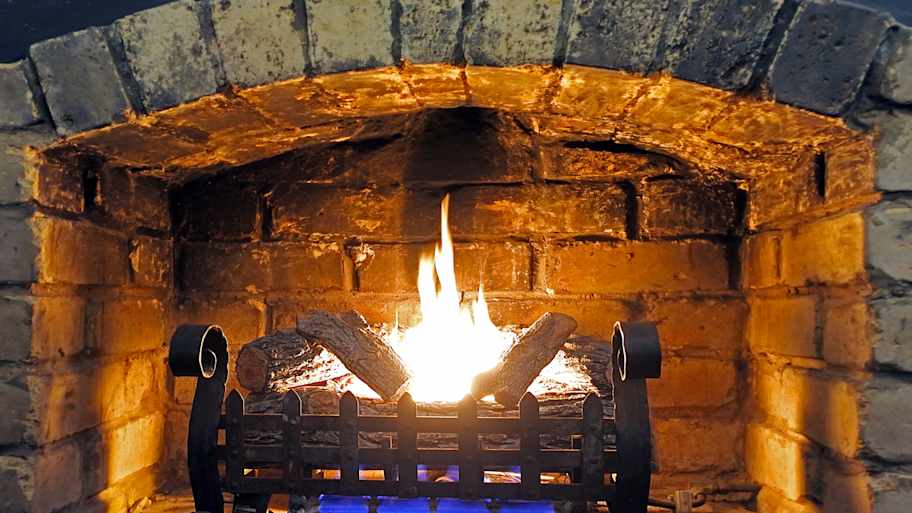
When comparing vented versus ventless gas logs, vented logs are better for ambiance, while ventless gas logs are easier to install and heat a room efficiently.

Learn how to clean a spark arrestor on your chimney or combustion engine safely and effectively to prevent clogs or a buildup of fumes.
- South Williamson, KY Chimney sweeps
- Belfry, KY Chimney sweeps
- Phelps, KY Chimney sweeps
- Inez, KY Chimney sweeps
- Pikeville, KY Chimney sweeps
- Ivel, KY Chimney sweeps
- Harold, KY Chimney sweeps
- Allen, KY Chimney sweeps
- Betsy Layne, KY Chimney sweeps
- Elkhorn City, KY Chimney sweeps
- Prestonsburg, KY Chimney sweeps
- Auxier, KY Chimney sweeps
- Martin, KY Chimney sweeps
- Grundy, VA Chimney sweeps
- Raven, VA Chimney sweeps
- 🌱 "Mow a small front yard"
- 🛠 "Fix a leaking pipe under the sink"
- 🏠 "Repair shingles on an asphalt roof"
